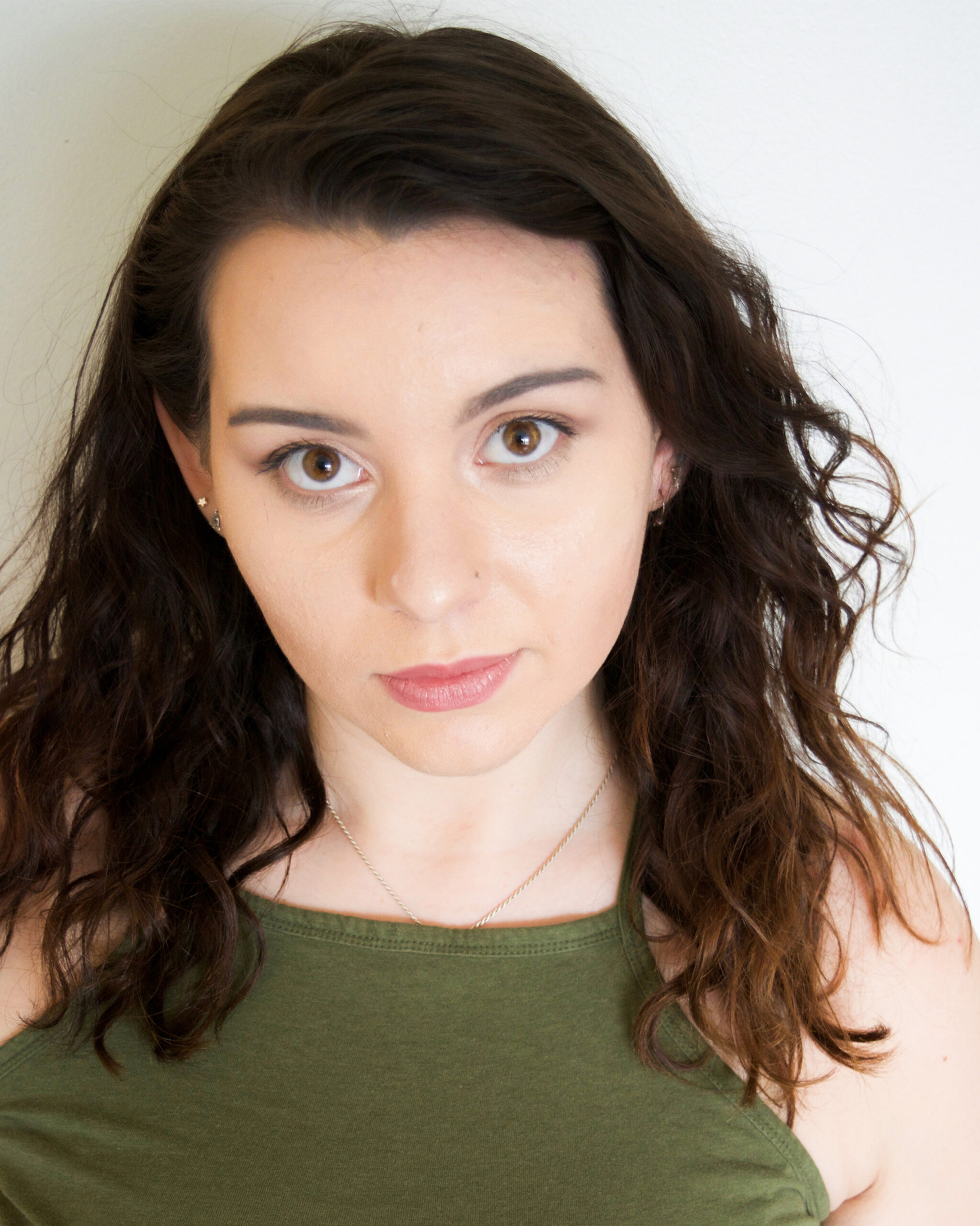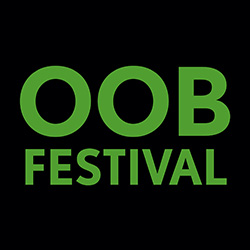
Title
Trudy Tries to Say I Love You But Runs Out of Breath
Playwright
Emma Joy Hill
Website
Social
SYNOPSIS
Trudy has been practicing how to kiss with trash bags. Falling in love is, after all, a practice, at least to Trudy, who nervously prepares for the future meeting with the love of her life. When a Janitor interrupts her kissing ritual, Trudy realizes she finally has the chance to trade in her plastic for the real thing. A play that explores how the practice of love fills us up.
PLAYWRIGHT’S BIO
Emma Joy Hill is a writer, performer, dramaturg, and theatre artist. Her passion for writing plays extends into a deep love for grotesque performance art, devised theatre, and human rights. She is a MFA Playwriting candidate at Columbia University and holds a BA in Theatre Studies/Playwriting from the University of Connecticut where she has had multiple workshops and staged readings of her plays. In the past, she has been commissioned by the Natural Resources Conservation Academy to develop work that addresses climate change in communities, and Studio 570 to chronicle the Women’s Suffrage Movement. She has developed theatre throughout Connecticut, New York City, Philadelphia, Dallas, and Chicago working with companies such as The Brick, Women’s Theatre Festival, 59E59 Theatre, Studio 570, Theatre L’Acadie, Echo Theatre, Bated Breath Theatre Company, Connecticut Repertory Theatre, and Out of Chaos Theatre in the United Kingdom. She is currently based in Connecticut.
A BIT ABOUT THE PLAYWRIGHT
1. When did you start writing plays? If you had a moment where you realized you wanted to write, what was it?
As a child, I had a keen desire to document. Whether it be interesting people, occurrences, or even writing out the dialogue of Disney films I had on re-run. I was concerned that if these moments weren’t put on paper they would disappear. This is a funny introduction to my joining the theatre, which by nature, is always disappearing. Growing up in bouts of chaos, writing never necessarily proved to be an escape, but rather a tunnel into understanding the humanity of those around me and the absurdity of being a human. I suppose the moment I realized I wanted to write is the moment I realized my curiosity will always get the best of me.
2. How did you come to write your OOB play? Was there a particular inspiration behind its creation? How has it developed?
Trudy came to fruition in a playwriting class I took in college. There were certain absurd elements we needed to include (hence the Janitor’s watch blowing up) as an exercise of “impossible theatre” to brainstorm how to make these seemingly wild occurrences performable on stage. As far as the story is concerned, I suppose I was exploring mating rituals or rather the different acts we do as women (whether they be sexual, cosmetic, or linguistic) to please those we are infatuated with. At first glance, the play is a rom-com of sorts, though, throughout its development the underbelly of its grotesque nature has been fleshed out a bit more.
3. What are 5 words that describe who you are as a playwright?
Deviant
Empathetic
Gross
Hungry
Loving
4. What/who are some of the major influences on your writing?
Brecht, “In Search of Duende” – Lorca, Artaud, Sarah Kane, Harold Pinter, Picasso, Cancel Culture, Sexual Violence, Suzan-Lori Parks, Genet, Caryl Churchill, Margaret Atwood, Michael Bradford, My Grandmother + Her Sisters, Greek Mythology, Samuel Beckett, Sam Shepard, The Beatles.
5. What’s one fact someone would never guess about you?
Though I cannot cook to save the life of me, I actually make a pretty mean quiche.
6. What are some of your favorite plays?
Medea – Euripides
The Lover – Harold Pinter
The Nether – Jennifer Haley
Phaedra’s Love – Sarah Kane
Venus – Suzan-Lori Parks
Buried Child – Sam Shepard
I Am Yusuf and This Is My Brother – Amir Nizar Zuabi
The Balcony – Jean Genet
Hangmen – Martin McDonagh
Death and the Maiden – Ariel Dorfman
7. Any new projects you’re working on or shameless plugs?
I’m currently working on editing a piece (A Skin of Veils) that explores rape and war through the lens of the Mother Mary myth, editing my first full-length comedy (Cowboys – a horseplay) that tells the story of the unrequited love between a young woman and John Wayne, and finishing up a piece (Tornado 1973) that explores how we use comedy to diffuse our trauma (particularly generational) and documents the story of a surviving woman who was stabbed by her husband and the rippling effects on her family and community.



